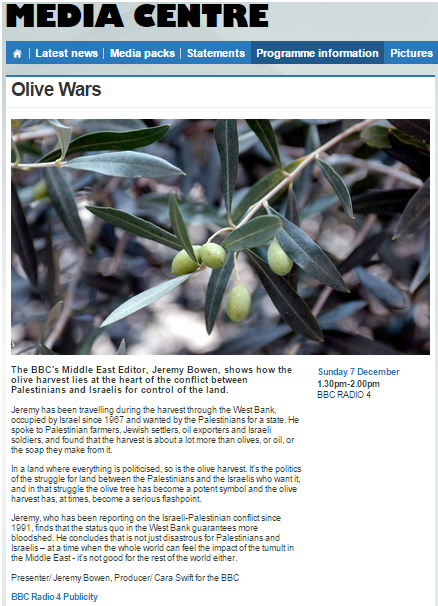1) At the INSS Yoel Guzansky gives his assessment of ‘Israel, the Gulf States, and Annexation’.
“Debates are currently underway in Arab countries regarding Israel’s possible application of sovereignty in parts of the West Bank. In an exceptional manner, even if not unprecedented, prominent figures from the Gulf states have made a public and direct appeal to the Israeli public. Anwar Gargash, the United Arab Emirates Minister of State for Foreign Affairs; Yousef al-Otaiba, the UAE ambassador to the United States; and Nawaf Obaid, an academic and former advisor to the Saudi government presented the position of their respective countries directly and publicly on the issue. Their messages were not uniform, and at times contradictory, and they appear to have been formulated in a manner that gives the Gulf states a degree of maneuverability regarding the annexation issue and relations with Israel. Against this background, it is necessary to ask whether, and to what extent, annexation will negatively affect Israel’s relations with the Gulf states.”
2) Writing at the Jerusalem Post, Yoseph Haddad assesses ‘The coronavirus’ social impact on Israeli Arabs’.
“There is no doubt that since the advent of the coronavirus in Israel, Israeli-Arabs feel more integrated and connected to the country than ever before. On the eve of Independence Day this year, the Israel Democracy Institute published a survey in which people were asked “to what degree do you feel a part of the State of Israel and its problems?” In the Arab sector the results show that about 77% answered that they feel “very much connected” for the country or “very connected.” These answers exhibit the highest feelings of connection and integration in the decade and in comparison with the decade between 2014-2019, the number of Israeli-Arabs expressing feelings of integration was between 35%-62%.”
3) Yoni Ben Menachem explains how ‘Nepotism in the Palestinian Authority Angers the Public’ at the JCPA.
“The Palestinian street in the West Bank is still reeling from the corruption stories revealed by Yasser Jadallah, the former Director of the Political Department in PA President Abbas’ office. First was the Palestinian aid money stolen by senior PA officials, and now a new scandal of nepotism is riddling the leadership of the PA.
According to Fatah sources, Health Minister Dr. Mai al-Kaila, who is close to Hussein al-Sheikh, Head of the General Authority of Civil Affairs of the Palestinian Authority and a close associate of the PA chairman, has in recent days, appointed several relatives of senior officials in the PA to senior positions in the Palestinian Ministry of Health. […]
The news of the appointments was leaked to social networks. The PA did not deny it, and the rage grew on the Palestinian street, especially since the PA has withheld salaries for tens of thousands of their own workers because of the coronavirus crisis.”
4) At the Fathom Journal Yaakov Lappin asks ‘Why did Britain Abandon the Two-State Solution on the Eve of World War Two?’.
“In the late 1930s, in the space of a few short years, the British government conducted a dramatic policy shift, first abandoning its 1937 acceptance of a proposal to partition Mandatory Palestine between Jews and Arabs, then rejecting the proposal altogether in 1938, before releasing a 1939 White Paper that called for establishing a joint Arab-Jewish-governed state, opposed the establishment of a sovereign Jewish state in Mandatory Palestine, and called for limiting Jewish immigration to a further 75,000 arrivals over the next five years, with any further immigration dependent on Arab consent.
In the National Archives in Kew, London, I studied official British government documents from meetings in the cabinet, the Foreign Office, the Colonial Office, and others. They shed a fascinating light into some of the main considerations behind the change in policy, illustrating how the British government, caught between the demands of two competing national movements, became alarmed by the prospect of Nazi Germany recruiting the Arab Middle East to its side. This fear, more than anything else, drove the British decision to publish its 1939 White Paper.”




